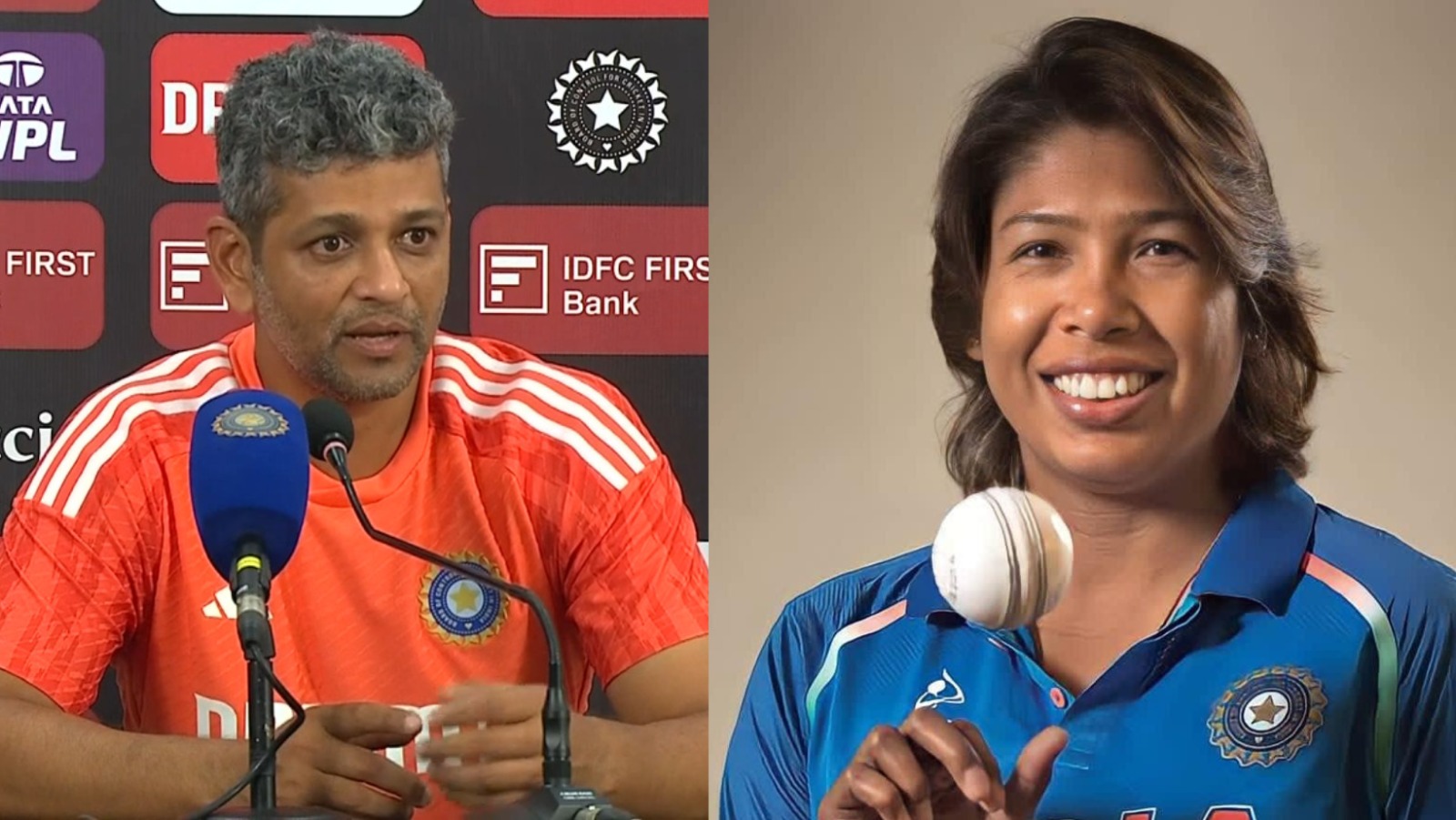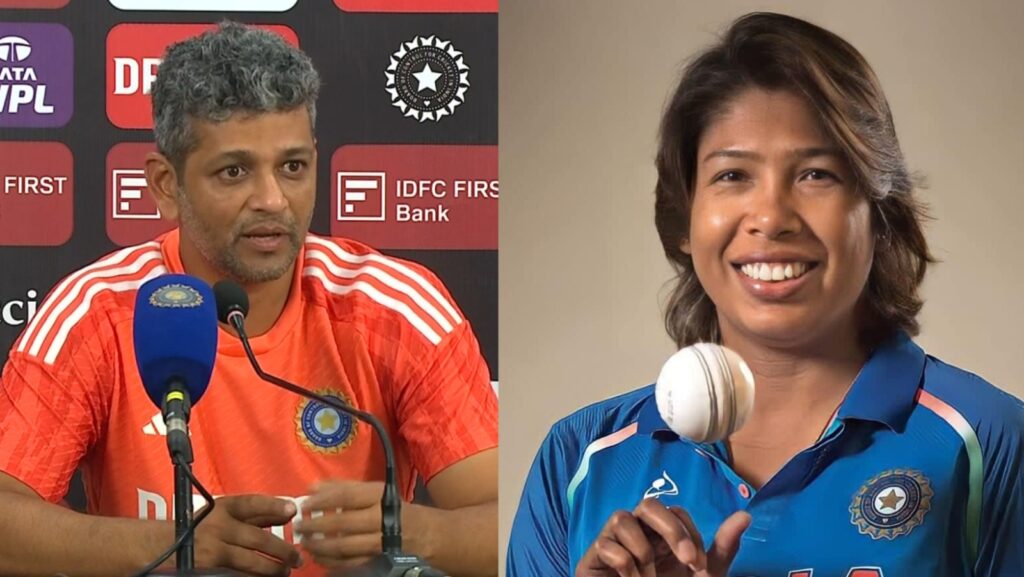
When dusting off the book of Indian cricket history and opening one of the very first chapters, you see that in the year 1971, the manager of the Indian team was Keki Tarapore. Since then, the Indian cricket team has had a total of 24 individuals assume that position. With a history so rich and diverse, legends like Salim Durrani, Bishan Singh Bedi and many more have taken on the role. It is puzzling to think about why there hasn’t been a single female head coach or even an assistant coach for the team.
On the other hand, when we open the chapter of Indian women’s cricket, the team has had a total of nine individuals assume the position of head coach since 2003, with four repeating a term or two. But when you start reading the fine print, you realise that the Indian women’s team has had more male coaches than female. Sudha Shah, Shantha Rangaswamy, Anju Jain and Purnima Rau are the only women’s cricketers to have taken up the position, while five former men’s cricketers have been head coaches. You also realise that two pairs (Sudha Shah and Shantha Rangaswamy in 2003-04 and Purnima Rau and Sudha Shah in 2014) served the position during the same term. Meaning, male coaches not only took up the position more times than their female counterparts but also served for longer.
Recent trend of female coaches in cricket
But the wheel seems to be moving. There’s been a sudden trend in cricket, albeit, not Indian cricket, with trailblazing women cricketers taking on the world of coaching. Starting with Sarah Taylor, former England wicketkeeper-batter, who became the first woman coach in men’s professional franchise cricket after she was named assistant coach of Team Abu Dhabi for the Abu Dhabi T10 league.
In a groundbreaking move, Alex Hartley, former England batter, was appointed the spin-bowling specialist for the Multan Sultans, a franchise in the Pakistan Super League. The same franchise also appointed Catherine Dalton, former Irish cricketer, as the fast-bowling coach.
Female coaches in men’s sports through the years
Through the years, female trailblazers have coached men’s teams. If we turn our attention to football, even though it’s a space highly dominated by men, you had Hanna Dingley being appointed as the manager of Forest Green, the first in the history of men’s football in England. There have also been a considerable number of women coaches taking on 4th or 5th division men’s teams.
When we shine a light on tennis, Amelie Mauresmo quite famously coached Andy Murray. Mauresmo won the Australian Open and Wimbledon during her career. Under the guidance of Mauresmo, Murray marched to the Australian Open final and clinched a maiden win over Rafael Nadal on the way to the Madrid Masters Title. Even after doing all that, she opened up and revealed that she wasn’t respected in the field. But Amelie took the challenge head-on. One of her quotes stuck with me and reminded me of how scarce the representation is, but at the same time how important it is.
“I had a lot of responsibility and I didn’t have the right to make mistakes,” said Mauresmo. “If I screwed up, all women would screw up with me.”
Could men’s cricket in India ever get a female coach?
If an Amol Mazumdar can coach the Indian women’s cricket team, why can’t a Jhulan Goswami be the bowling coach for the men’s cricket team? Jhulan is a stalwart of the game, with the most number of ODI wickets in the history of women’s cricket. If Jhulan isn’t suited to do the job well, who is?
Although we’ve made strides when it comes to women’s cricket, discrimination based on gender hasn’t disappeared altogether in sports. Men far outnumber women when it comes to the coaching staff, be it men’s or women’s cricket, and men also outnumber women in cricket administration. Women’s cricket in India has come a long way. We went from not knowing there existed a women’s cricket team to little girls dreaming about playing for India. And if they can dream about playing for India, why can’t they also dream about coaching India? Why keep that dream from them?




